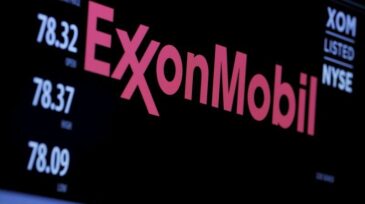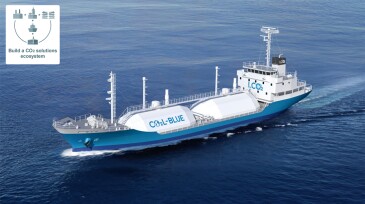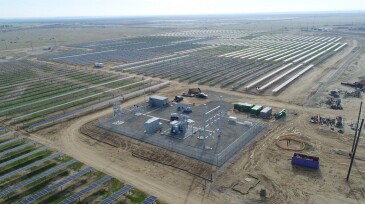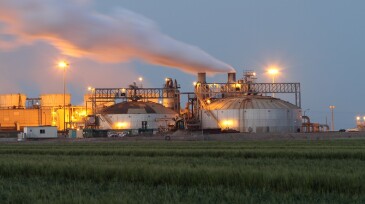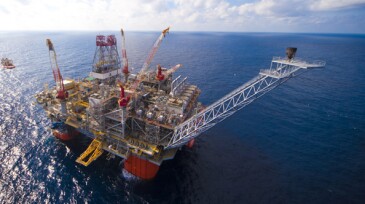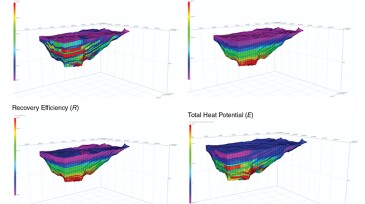Sustainability
The report says the capacity of renewables in the region is set to grow tenfold by 2040 as electricity demand and new sectors drive rapid solar and wind expansion.
This study identifies critical knowledge gaps in wellbore integrity and underscores areas that require further investigation, providing insights into how wellbores must evolve to meet the technical demands of the energy transition.
This study illustrates the new capabilities, tailored for carbon-dioxide storage applications, of a modeling framework that provides a quantitative, risk-based assessment of the long-term integrity of legacy plugged and abandoned wells.
-
A new 1.0 Bcf/D facility in Baytown, Texas, is expected online no later than 2028.
-
Spending on low-carbon projects will increase by $60 billion this year, 10% higher than 2022, led by wind developments but helped by a significant rise in funding for hydrogen and carbon capture, utilization and storage infrastructure, Rystad Energy research shows.
-
Although 2022 did not match 2021’s record of over 19.5 GW of online capacity, 2022 witnessed the second highest amount of global online capacity with almost 8.5 GW. Final investment decisions (FIDs) were taken on over 11.5 GW of projects, making it the fourth highest year for FIDs.
-
The past year has been a challenging one for companies on the ESG front. Overlapping environmental, social, and political crises—from flooding and wildfires to the first war in Europe in 80 years—have made the jobs of leaders that much harder.
-
The sites with the most CO2 emissions to capture are often far from the best rock to sequester it, leading to design projects for transport ships.
-
This paper outlines one of the first efforts by a major oil and gas company to build a net exporting, behind-the-meter solar photovoltaic plant to lower the operating costs and carbon intensity of a large, mature oil and gas field.
-
The two companies said they will work together to try to find the best places to develop geothermal energy and advance the necessary technologies to commercial scale.
-
Leveraging its existing natural gas interests, plus renewables potential in Egypt and Mauritania, BP is now factoring in Africa to realize its global ambitions as a hydrogen producer.
-
The Oil and Gas Climate Initiative says its members’ absolute upstream methane emissions were down 40% since 2017. That’s equivalent to taking more than 3 million cars off the road for a year.
-
The authors of this paper discuss an integrated cloud-based work flow aimed at evaluating the cost-effectiveness of adopting geothermal production in low- to medium-enthalpy systems.




